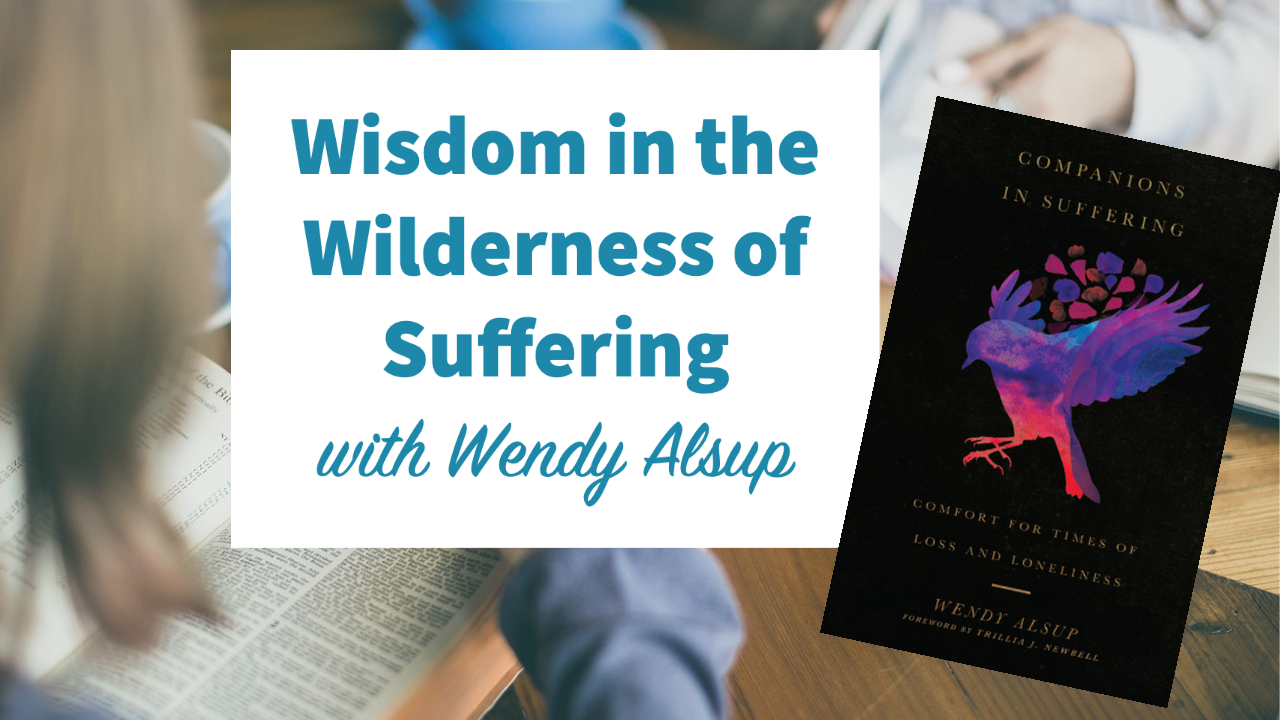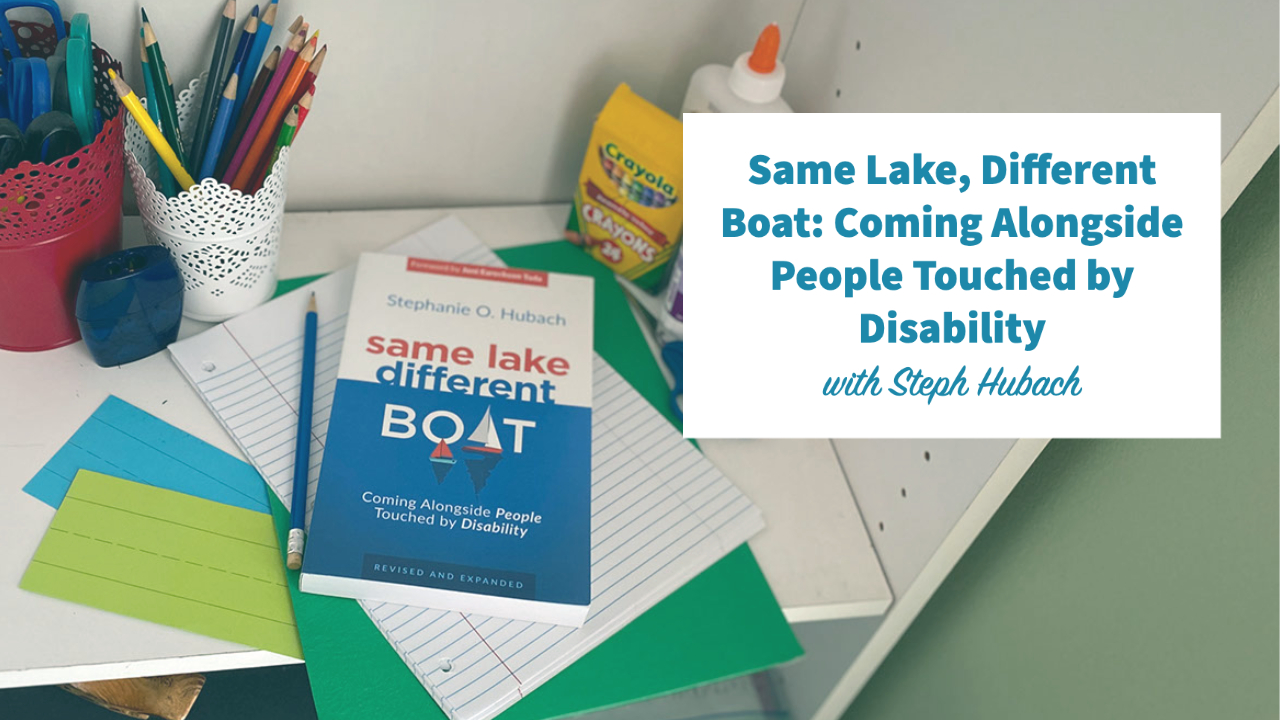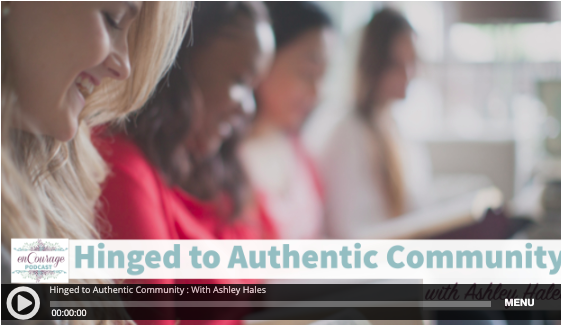Living Congruently With Who God Says We Are
AMY JUNG|GUEST It has been a few months since the bitter, cold day that our sweet rabbit, Cocoa, gave birth to her four babies. I remember it clearly, though, because it had an impact on my life. Since my daughter began keeping rabbits, I’ve been amazed at how rabbit mothers begin frantically pulling their own hair to line the nest for their babies. The first time our Cocoa had babies, she hadn’t done a thing the night before. By morning, there was a beautiful surprise: a soft blanket of fur covering all the babies keeping them warm. After birthing and cleaning, she had pulled her own hair to make a covering so they would live. It was a picture to me of the selflessness mothers and caregivers are capable of. Imagine our surprise when, instead of finding a beautiful fur blanket covering them during a recent birth, we found that our Cocoa had given each of her kits mortal wounds that killed them all! Cocoa was not being the sweet mother we had known her to be. Another life lesson on the farm for my daughter, Ruthie, and for me. Just as Cocoa once gave us a beautiful picture of motherhood and care, this time she gave us a scary picture instead. Sadly, Cocoa felt threatened. At the advice of our vet, we had brought her in from the sub-zero temperatures in hopes that her babies would have a better chance at survival. Our plan backfired, as she was keenly aware of other animals in our house. She felt so threatened, that she believed she needed to get rid of the evidence of babies to keep predators from attacking her. There was no way for us to communicate to her that she was safe and alone in a room where our dog and cats would not harm her. She didn’t know the truth about all that we’d done to protect her and her babies from the bitter cold. She smelled and heard the other animals and was operating out of instincts, unable to see the truth that we so desperately wanted her to know. What a significant illustration this has been for me to ponder! I think that humans, mothers even, do similar things. In our emotions like fear, frustration, and hurt, we can turn on those we love. We may even give them mortal wounds. While these wounds don’t physically kill, they do fail to give life. As Proverbs says, “Death and life are in the power of the tongue…” (18:21). We wield our tongues powerfully for either life or death. Like Cocoa, I’ve sacrificed time, energy, and my own desires for those I love. Sometimes, though, when strong emotions surge, I inflict wounds that fail to give life, leaving scarring wounds to the heart and soul of another. Do your loved ones sometimes see another side of you other than the sweet mother, sister, or friend they most often know you to be?...










